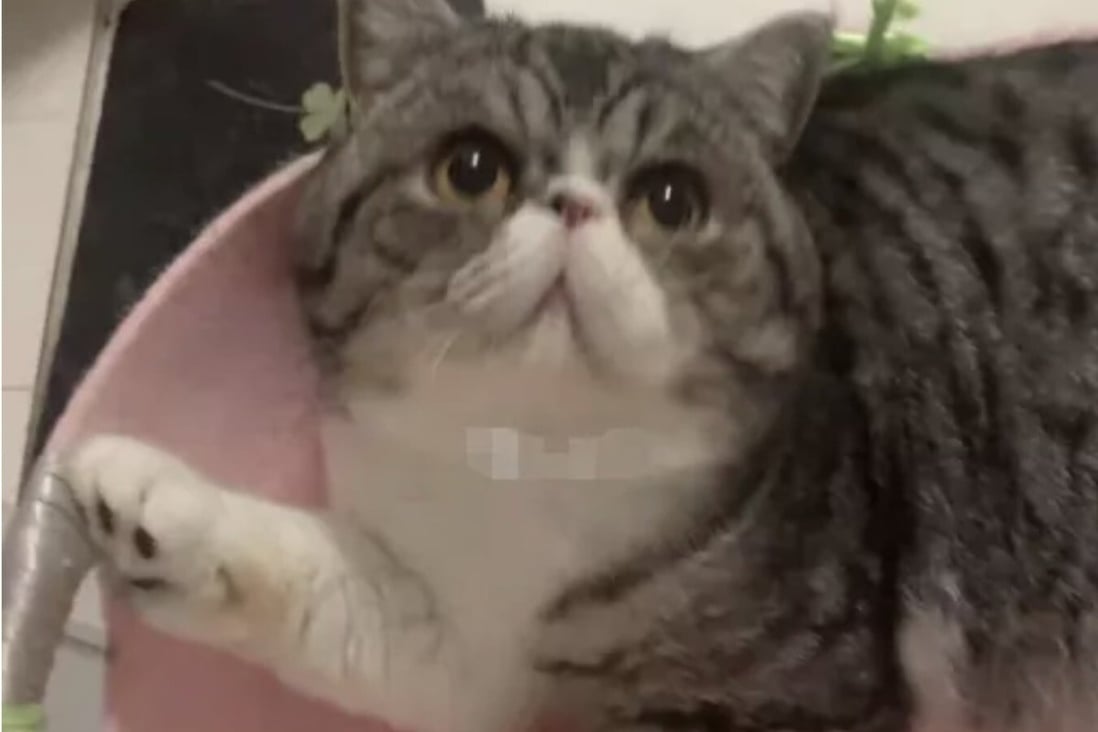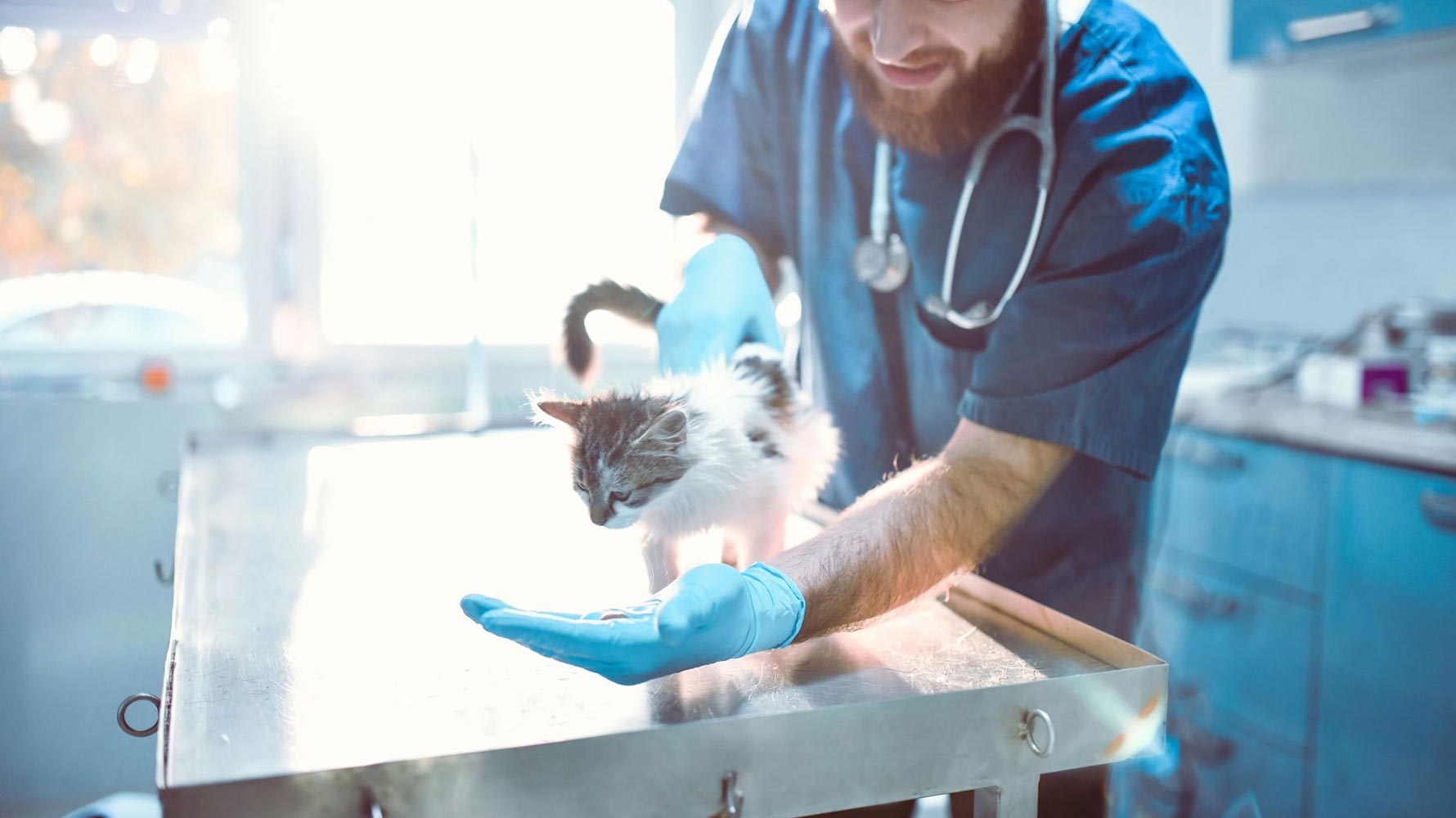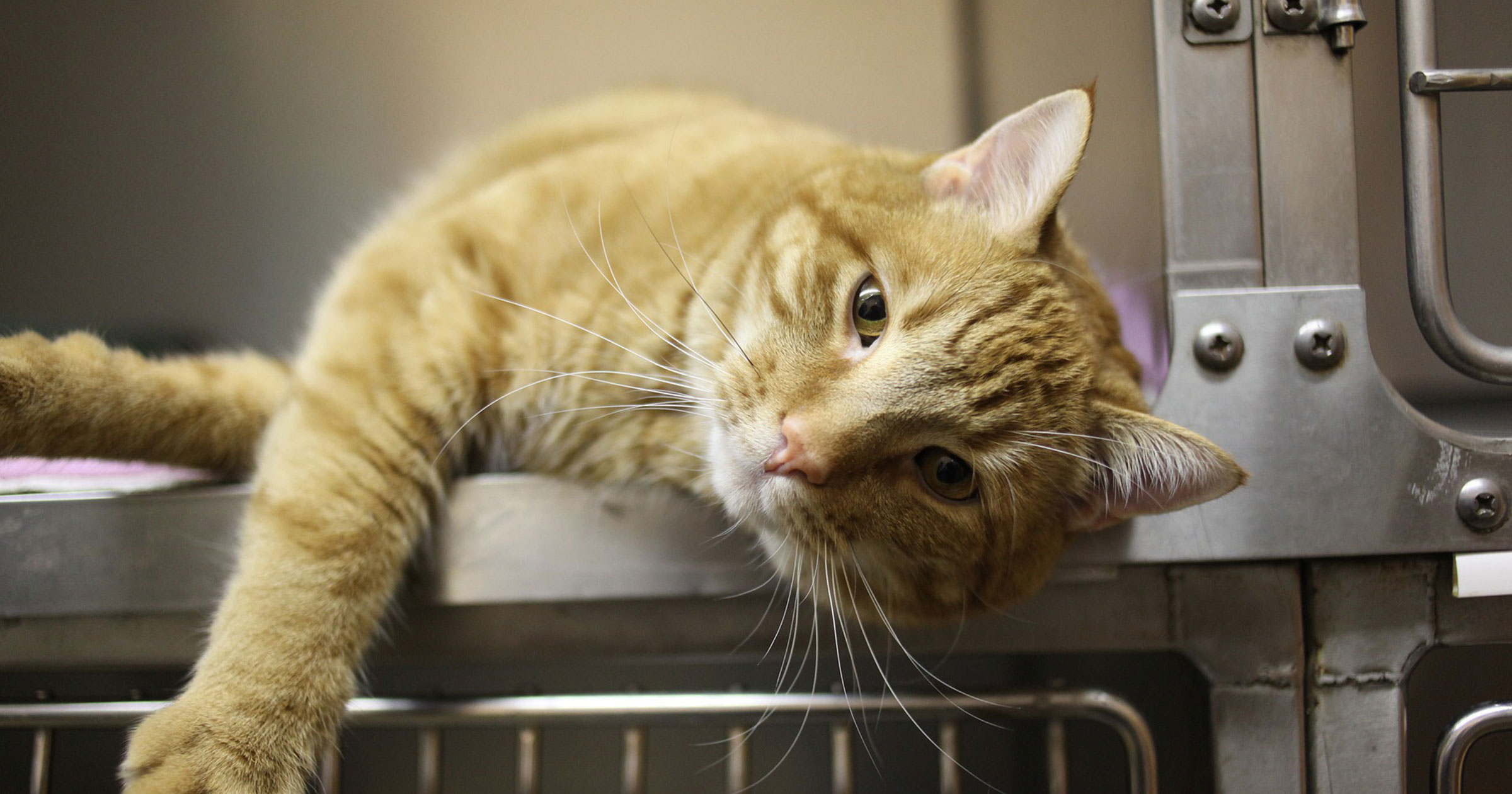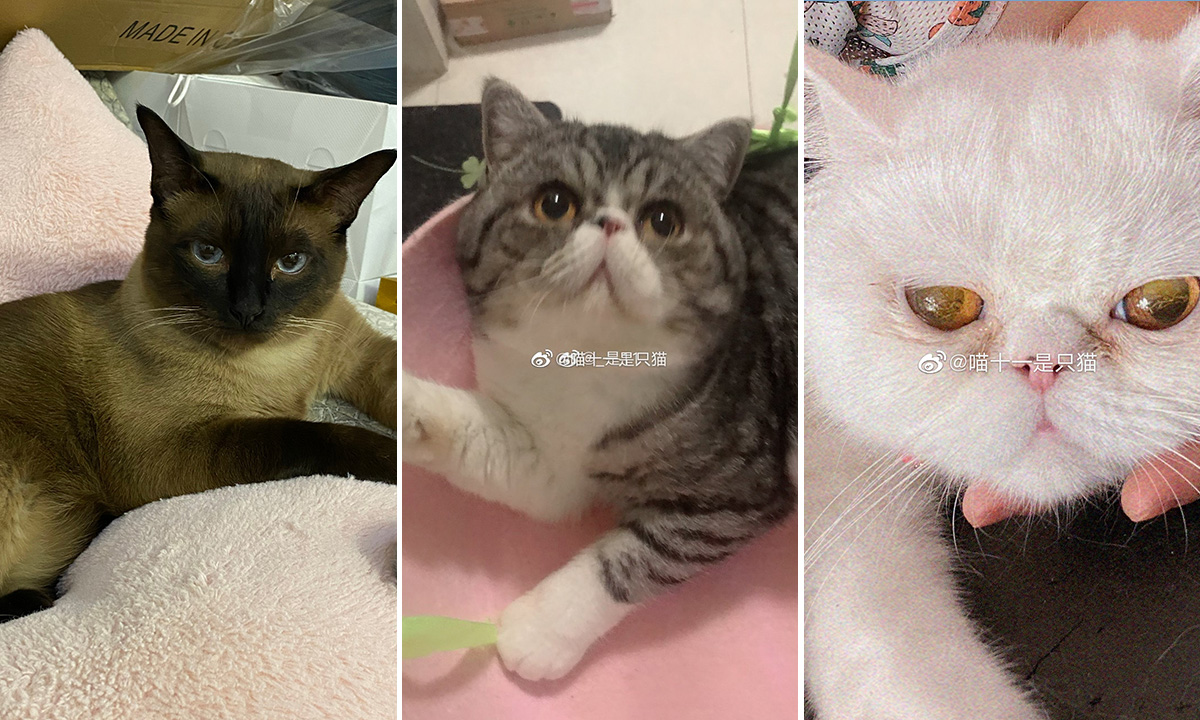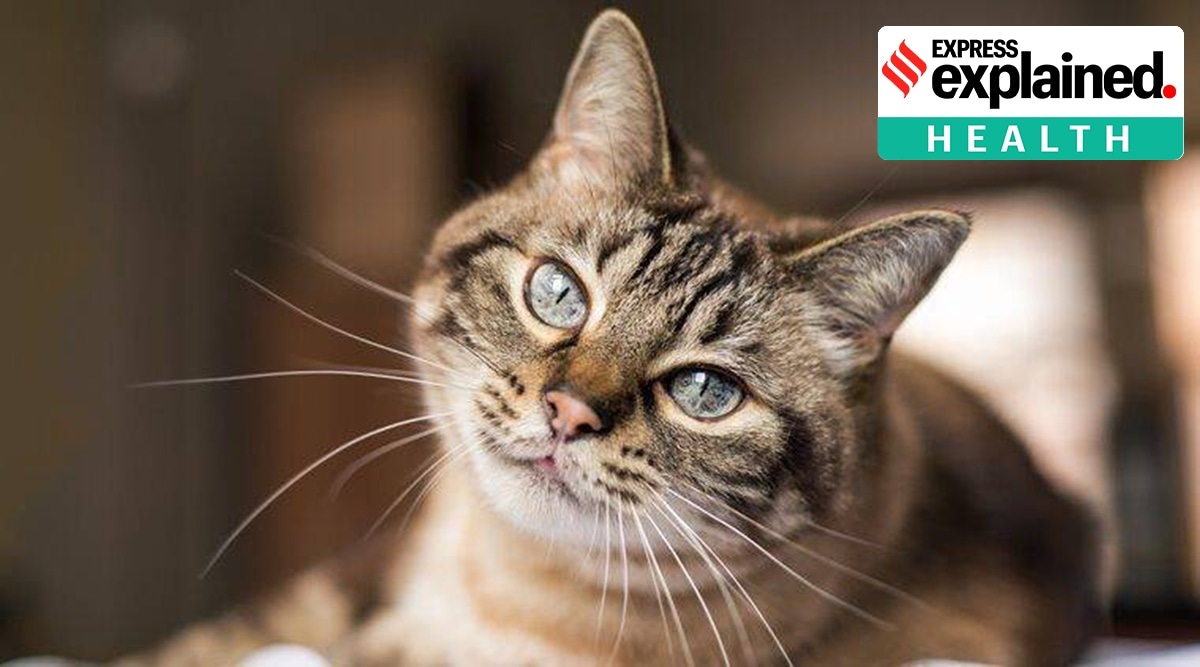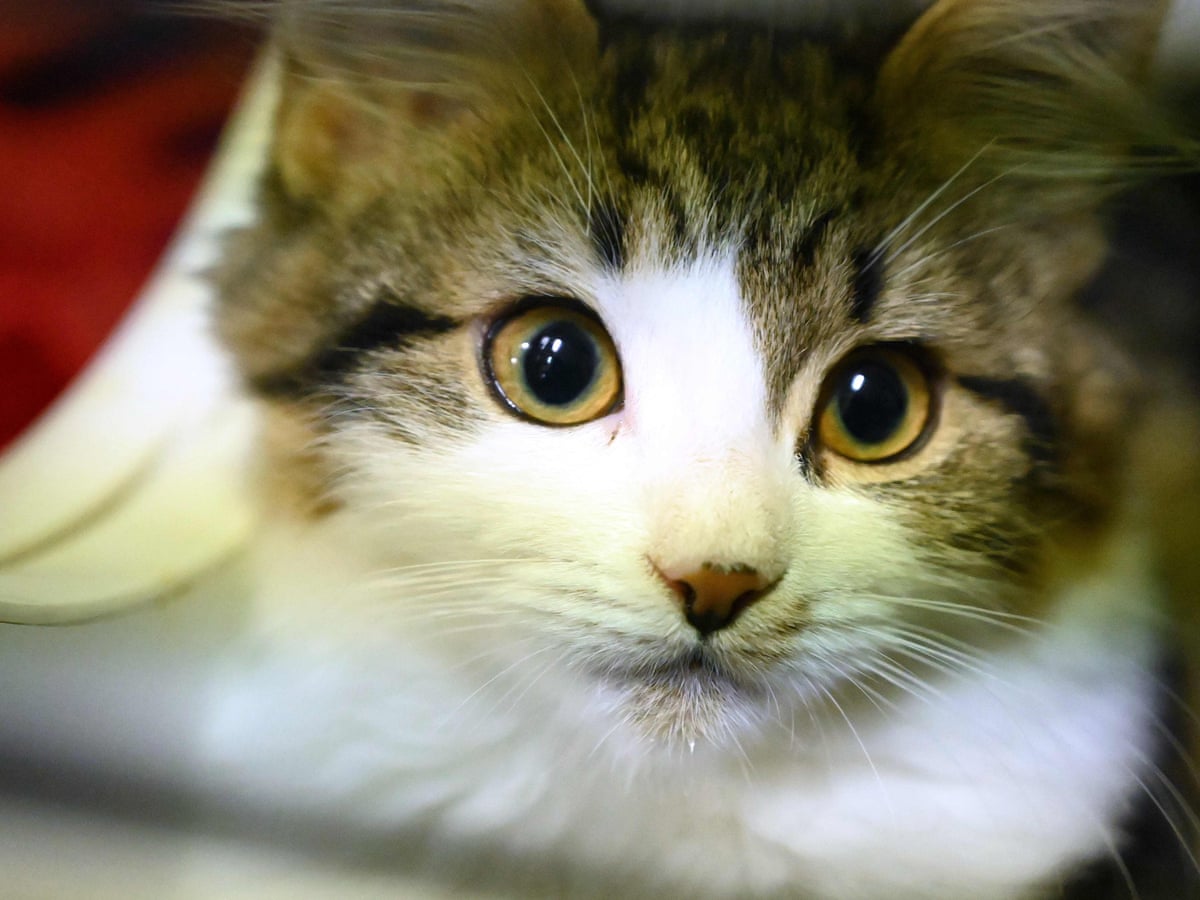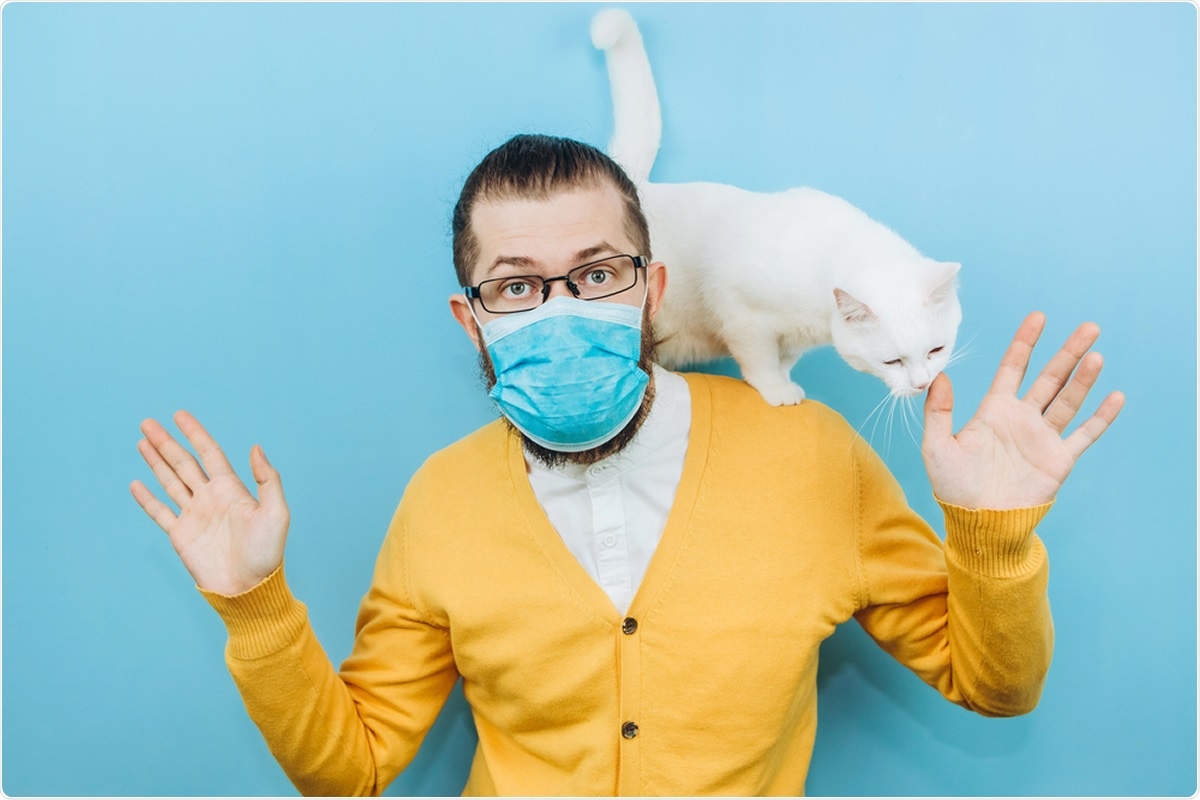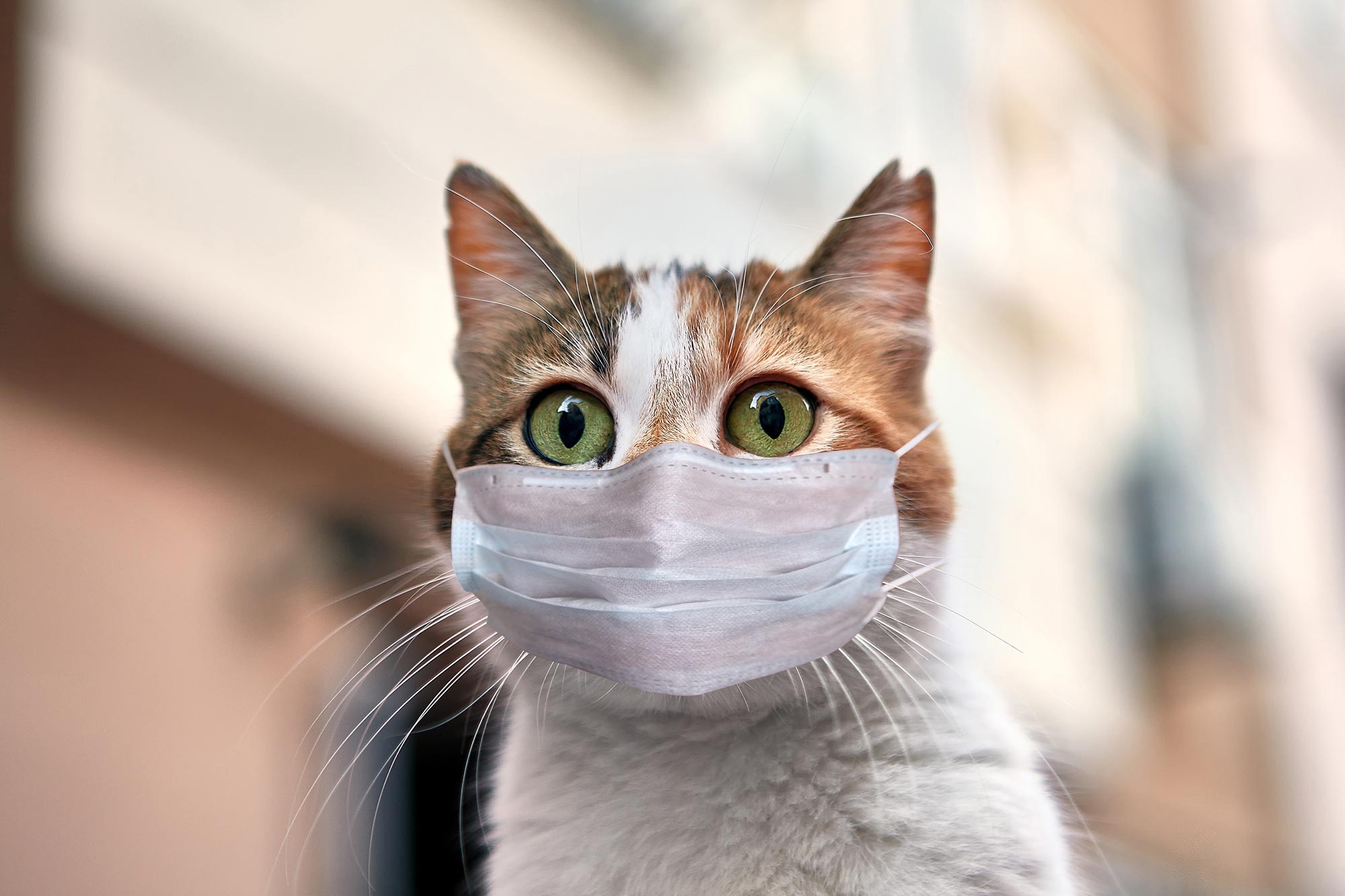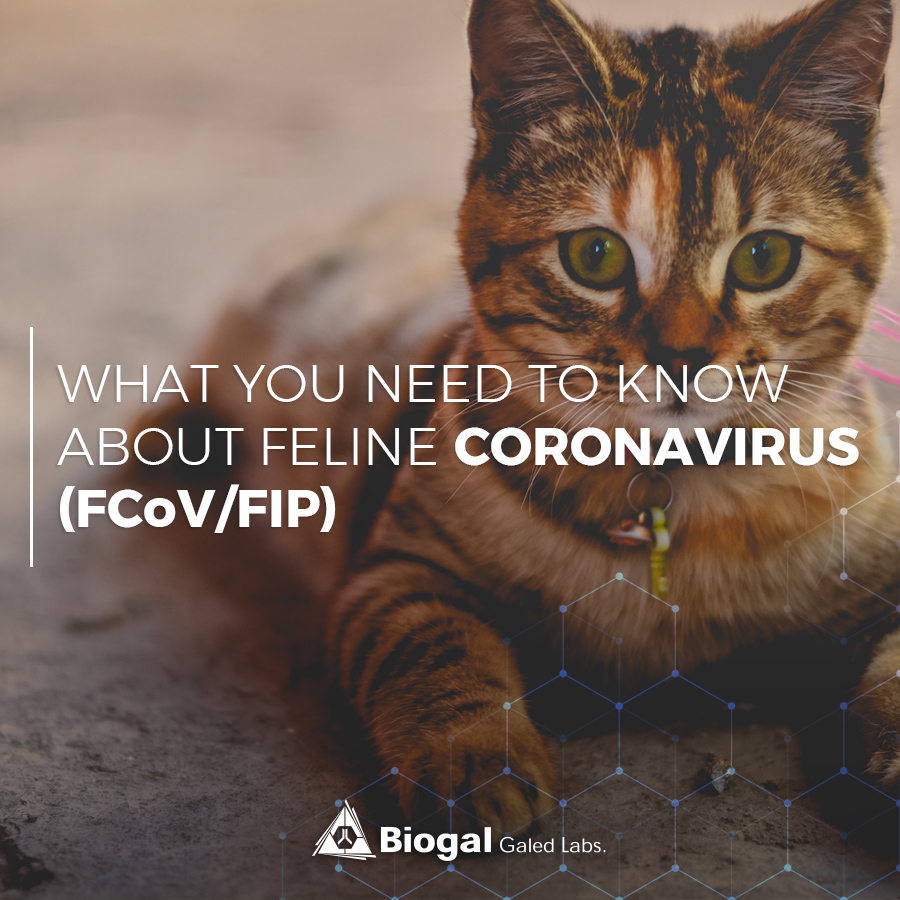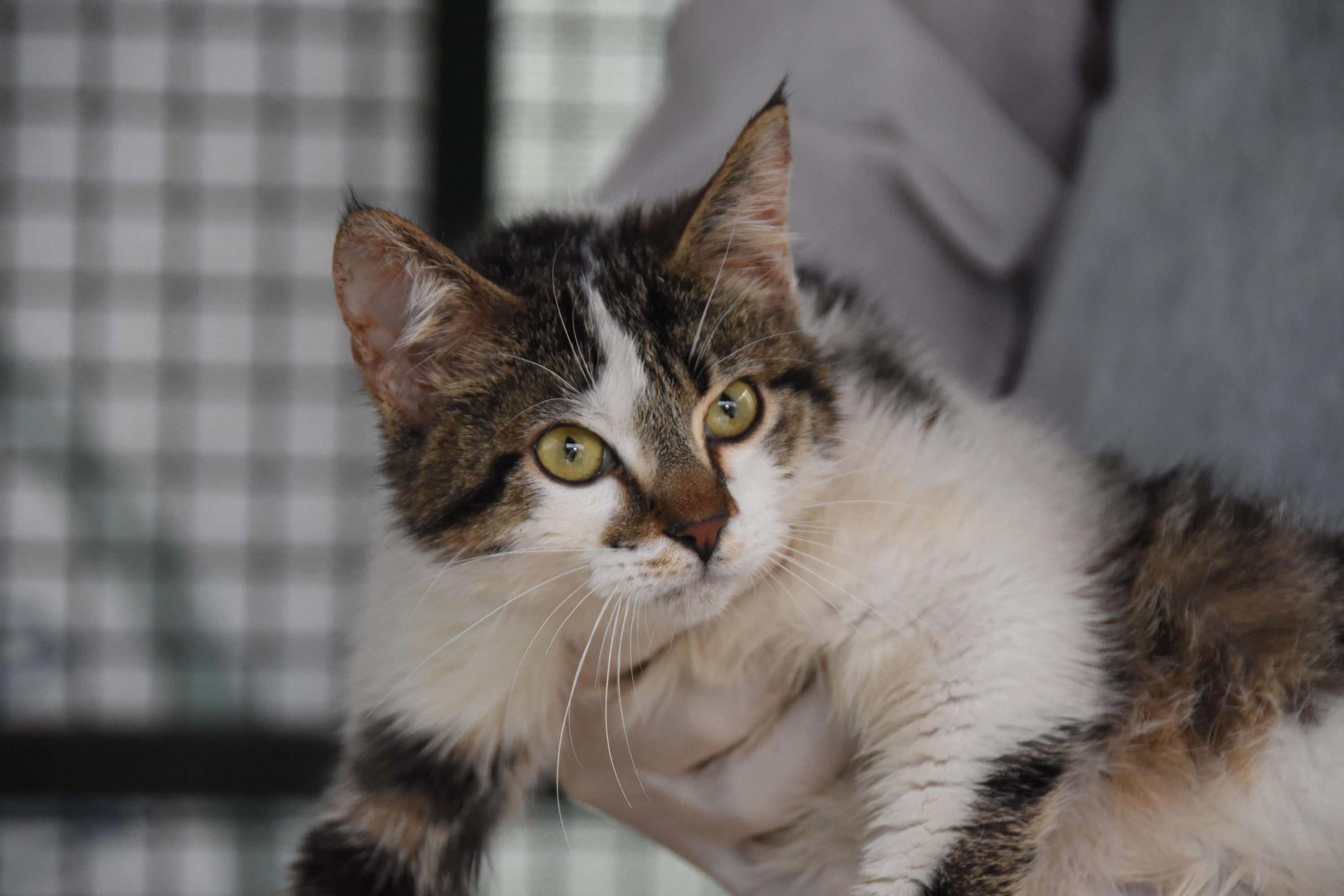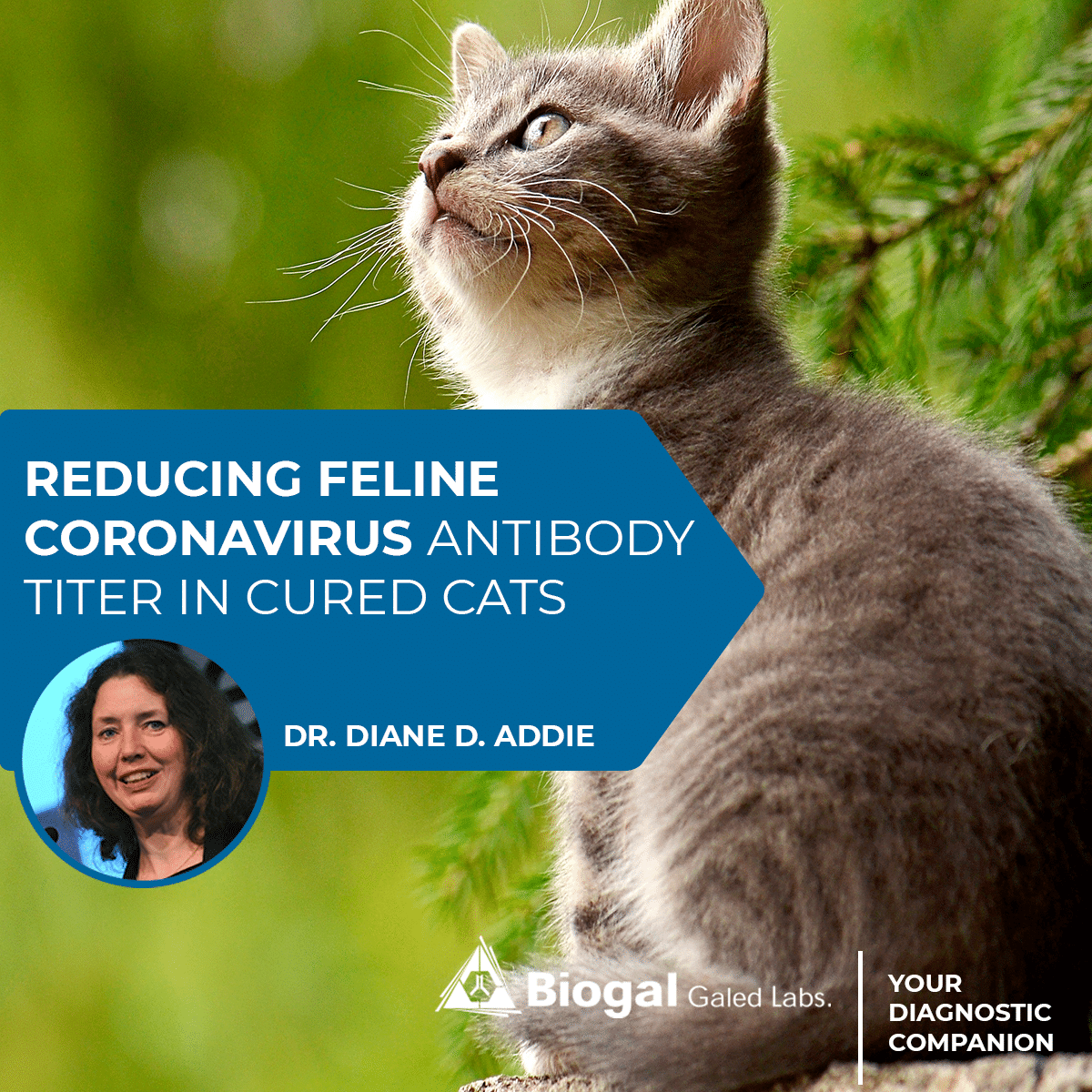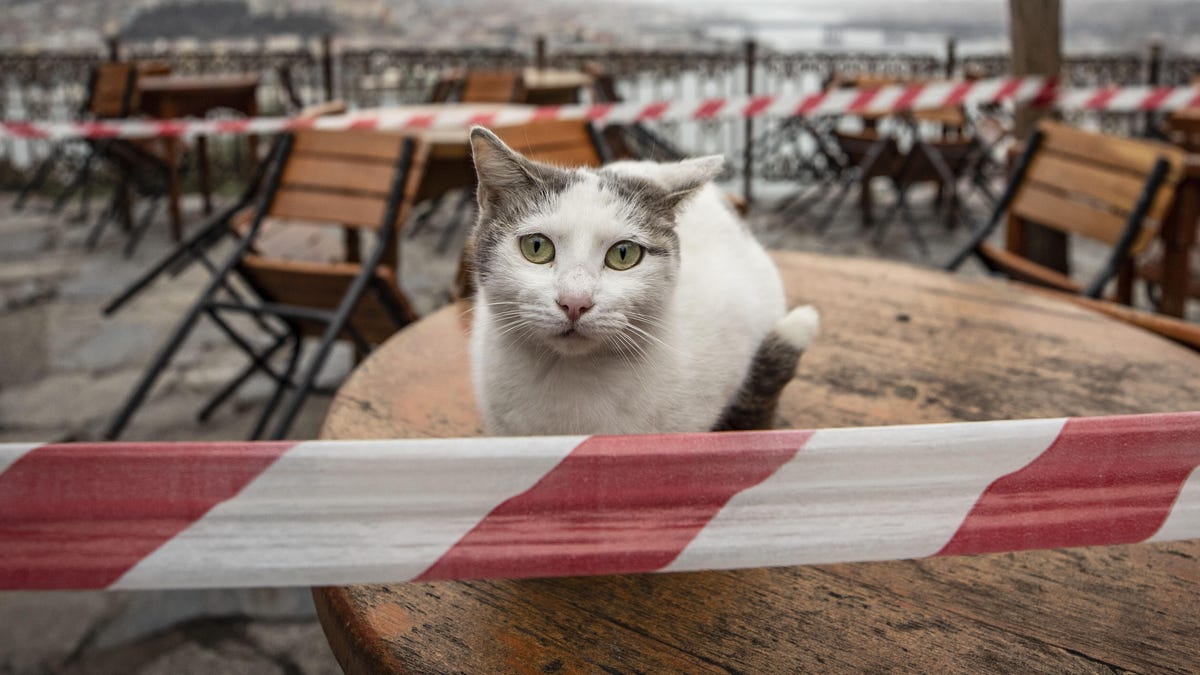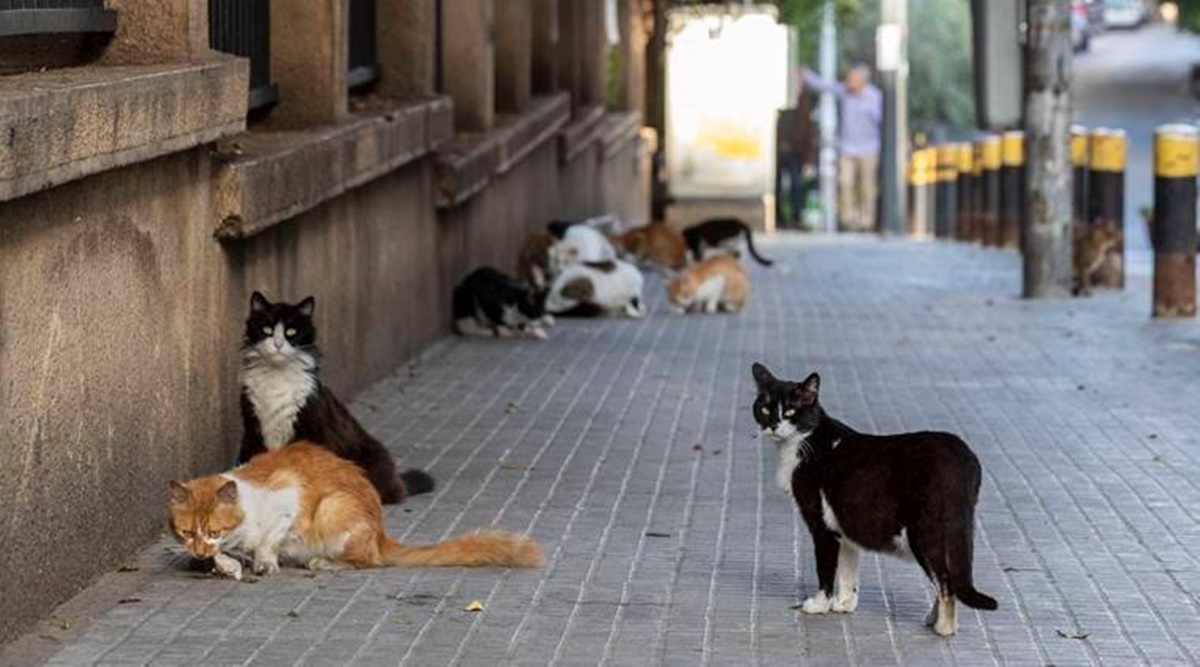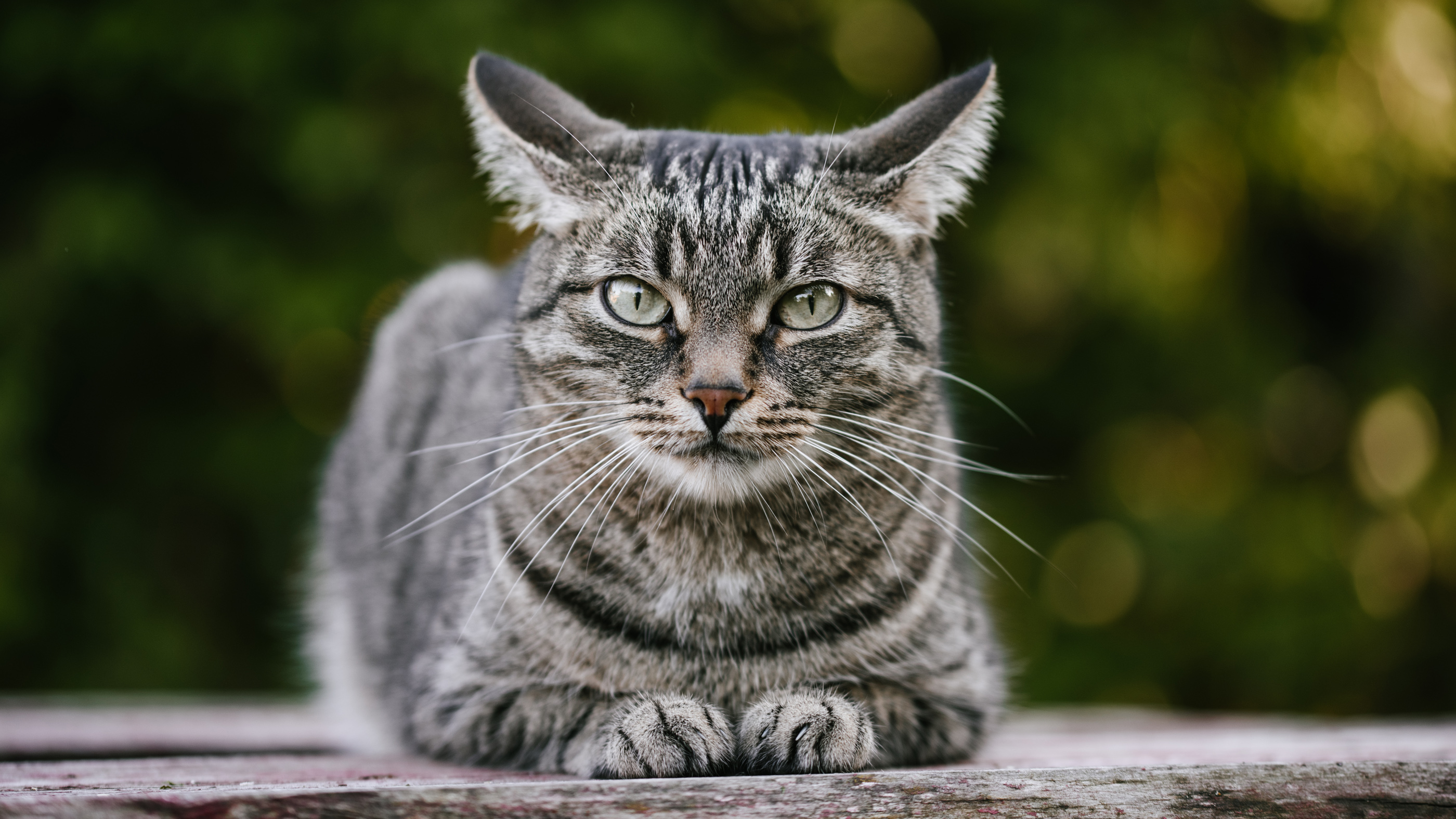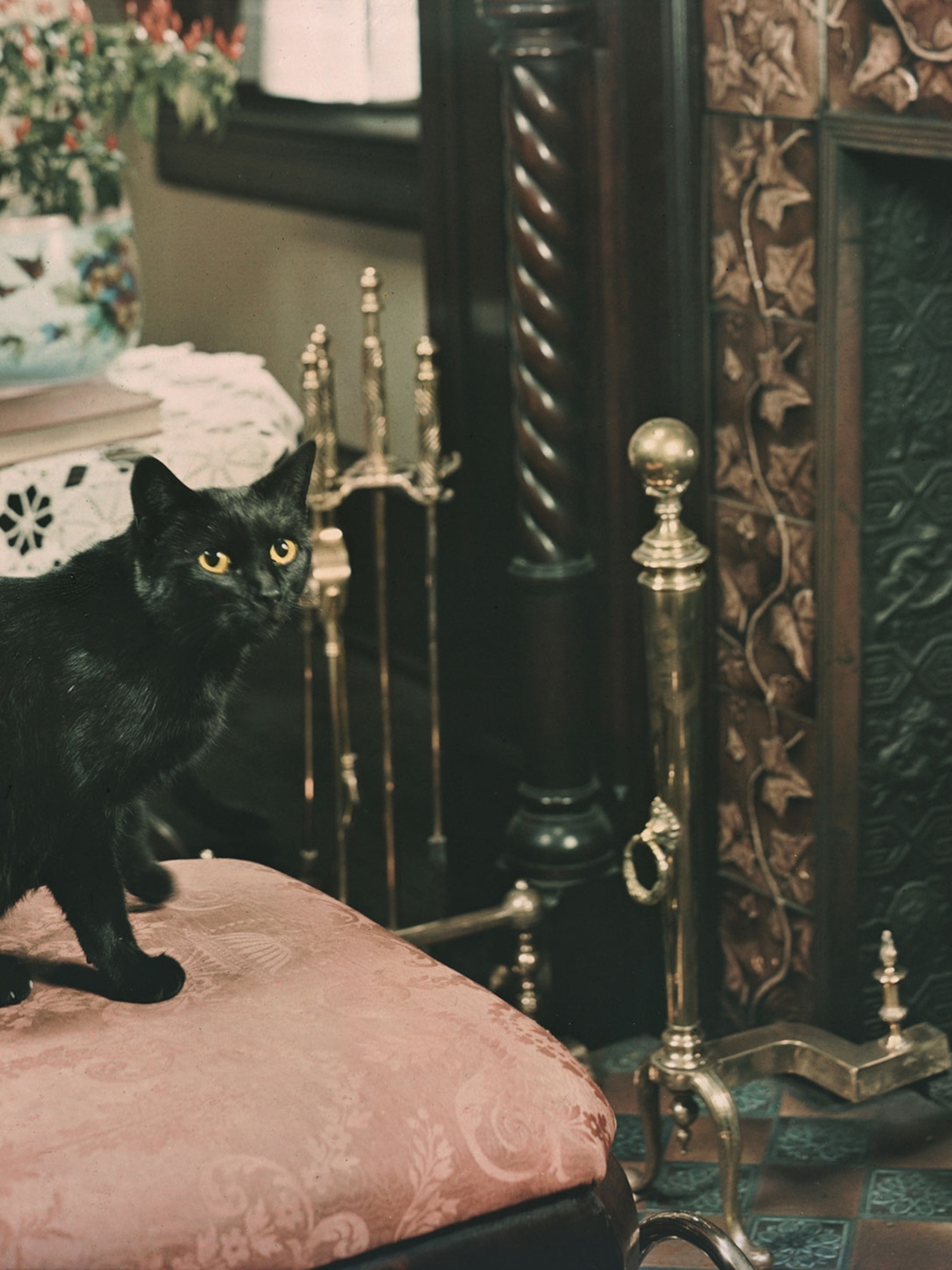Cats And Coronavirus Treatment

Our pets are different from us so its not surprising their coronavirus tests differ too.
Cats and coronavirus treatment. Given the lack of transmission there are currently no plans to vaccinate cats against COVID-19. Treatment may be given to relieve the symptoms but sadly most affected cats have to be euthanased. That means wearing a mask and avoiding contact with their cats and dogs as much as possible.
An enteric coronavirus that is antigenically closely related to feline infectious peritonitis virus FIPV is ubiquitous in the cat population. Very importantly there is currently NO EVIDENCE that SARS-CoV-2 can be passed from cats to people so there is no need for owners to do anything that would endanger the welfare of their cats ie. Treatment if required is symptomatic and supportive ie fluid therapy oral electrolyte solutions antiemetics.
He or she might offer advice through a virtual visit or make another plan for treating your pet. Instead contact the veterinarian. A DRUG used on cats may offer a possible treatment for coronavirus it is hoped.
Can FIP be prevented. You should consult your veterinarian to. Feline Coronavirus FCoV is a common viral infection in cats.
Two house cats in New York State are the first in the US. The good news is that all diagnosed animals that received symptomatic treatment are expected to make a full recovery. In a 2016 study six of eight cats recovered from an infection with the deadly form of the feline coronavirus after treatment with the drug Pedersen and.
To help fill the void she began fostering for a Brandon Florida based cat rescue called A Kitten Place. A intranasal TS-FIPV vaccine that protects against natural coronavirus challenge is available for healthy cats 16 weeks of age or older. Companion animals including pet cats and dogs and one ferret.

